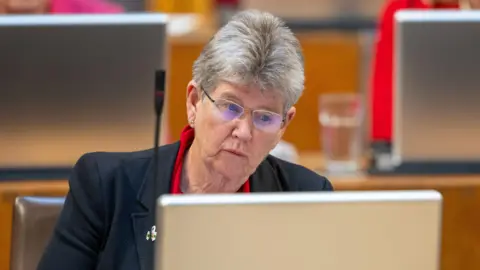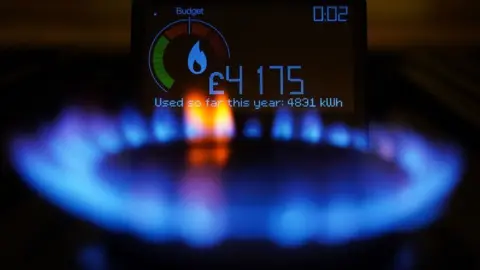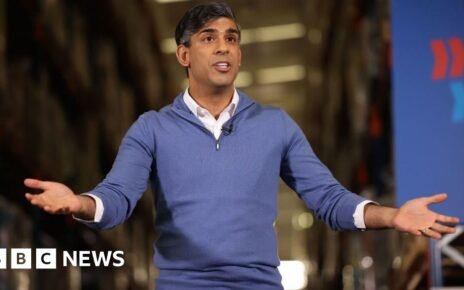 Senedd Cymru
Senedd CymruThe scrapping of universal winter fuel payments for pensioners by the UK Labour government “risks pushing some pensioners into fuel poverty,” a Welsh Labour minister has warned.
Jane Hutt’s comments came in response to a question from the Welsh Conservatives’ leader in the Senedd, Andrew RT Davies.
Last month Chancellor Rachel Reeves announced that, from this autumn, pensioners not on pension credit or other means-tested benefits would no longer get the annual payments.
Mr Davies called the policy “unforgivable” but a UK government spokesperson said it had inherited public finances in a “dire state” and “must take difficult decisions”.
Winter fuel payments were created in 1997 to help everyone above state pension age with their winter heating bills.
Around 10 million pensioners in Wales and England are due to lose their winter fuel payments – worth between £100 and £300 – as a result of Ms Reeves’ announcement.
In a written question to Social Justice Secretary Jane Hutt, Mr Davies asked what consideration had been given to the impact of the decision.
In her response Ms Hutt said: “The decision that the winter fuel payment will no longer be universal risks pushing some pensioners into fuel poverty.”
“This is why I am keen to work closely with the new UK government on our shared ambition of tackling poverty to develop a permanent, effective form of protection for households in need,” she added.
Ms Reeves’ announcement last month prompted criticism from opposition parties and following Ms Hutt’s comments, Mr Davies said the move to scrap the universal element of the payment was “unforgivable”.
“The move is a conscious decision by Labour to allow pensioners to be pushed into fuel poverty, and that decision should be reversed,” he added.
The Older People’s Commissioner for Wales, Helena Herklots has also described it as “deeply concerning” and has urged the chancellor to reconsider.
She said: “It is estimated that around 80,000 households in Wales miss out on Pension Credit despite being eligible, meaning older people are already missing out on over £200m they are entitled to.
“The chancellor’s decision would mean that these households could now also miss out on tens of millions of pounds more that could make a big difference in terms of people’s finances.”
 PA
PAA UK government spokesperson said ministers are “committed to pensioners” and “protecting the triple lock, keeping energy bills low through our Warm Homes Plan, and cutting NHS waiting lists”.
The spokesperson said the government had inherited public finances in a “dire state” and “must take difficult decisions to fix the foundations of the economy”.
“In these circumstances it is right that winter fuel payment are targeted at those in most need, and we will work with local authorities to boost the uptake of pension credit, reaching the many pensioners who could still benefit from this year’s winter fuel payments.”
Analysis: a sign of independence?
On a two-day visit to Wales earlier this week the prime minister, Sir Keir Starmer, met the new First Minister Eluned Morgan.
Both leaders spoke about how having the same party in power in Westminster and Cardiff would lead to a better working relationship, compared to how things were when the Conservatives were in government in London.
With that in mind, the UK government will likely find Ms Hutt’s assessment unhelpful, as it continues to face wide-spread criticism of its decision to cut winter fuel payments.
The Welsh government, however, may argue it shows that ministers in Cardiff remain independent of their colleagues in Westminster.





